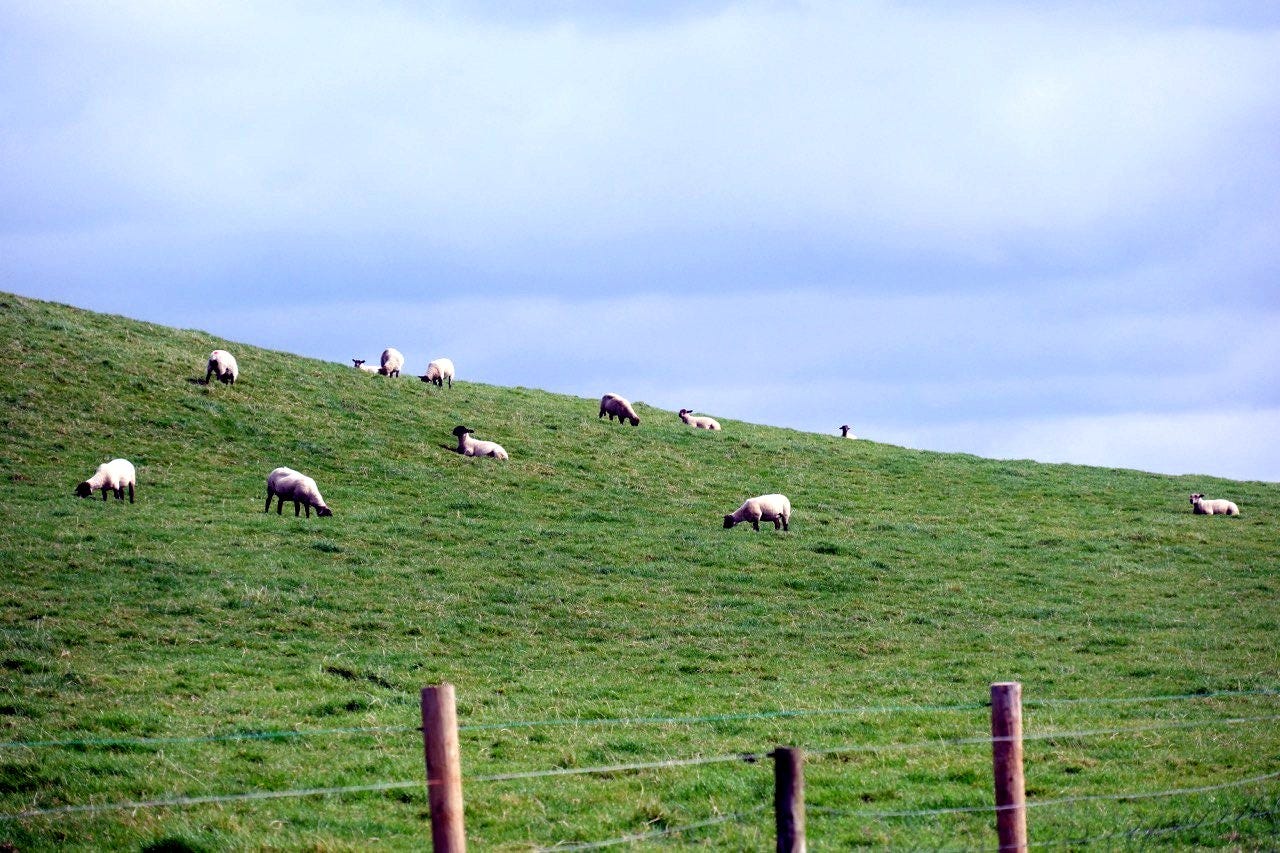WHY DO YOU LIVE THIS WAY?
A brief history that explains why we work and learn as if we're still in a factory.
Have you ever watched kittens chasing their tails, balls of yarn, their owners’ feet, or sunbeams? Are they doing it for fun? Yes and no. For mammals, play is primarily a way to learn and explore the world. And what we see as innocent entertainment is a full-fledged, essential, and very necessary learning process. The most interesting thing is that once, for humans too, learning through play was the natural and only correct path.
So many things in our lives we take for granted: mandatory education, the separation of life into "work" and "play," and hierarchical structures in companies. It’s hard for us to imagine it could be otherwise, but the unpleasant surprise is that this wasn't always the case. In fact, from a historical perspective, this state of affairs is quite recent. We used to live differently.
When Learning == Playing
For hundreds of thousands of years, our ancestors lived as hunter-gatherers. We lived a nomadic life, hunting animals and gathering berries and fruits, and when supplies ran out, we'd leave our settled place and search for a new one. In those days, there were no schools: children learned by playing. They explored the world, imitated adults, crafted tools, and hunted in their games. Their curiosity was the main teacher, and their motivation was internal and natural. Adults didn't force them to learn; they simply created an environment where it was possible. Life was one big, exciting process where play and work were inseparable.
And then came agriculture...
What Changed?
With the transition to farming, people began to work longer and more monotonously. To feed growing families, they had to plow, sow, and care for livestock. This labor was hard and boring. Children, who used to play and explore, became cheap labor (and there had to be a lot of children). Their natural curiosity and willfulness became an obstacle that needed to be suppressed. The new way of life required discipline (how else could you force yourself to live such a boring existence?).
The further development of feudalism and the Industrial Revolution cemented this model: children were sent to work in factories and workshops, where obedience was the main virtue. They had to do the same thing over and over. The slightest disobedience was met with brutal punishment. Life turned into a harsh, regimented process, and play became something insignificant, a short break that had to be earned.
To this day, in many societies, play is still seen as a waste of time.
Over time, industries became more complex. Simple manual labor no longer brought as much value, the economy needed educated people who could handle increasingly complex machines and understand the intricacies of farming. This is how the idea of mandatory education emerged. Curricula were rigidly structured, and lessons were conducted through rote memorization and repetition. The teacher played the role of the overseer, and the student was the obedient worker. This model proved so effective that it is still used everywhere.
The Price We Pay
What does this historical evolution mean for us today? We grew up in a system that convinced us that:
Learning is work, not play. We believe that learning something new is a difficult, tedious process that requires self-discipline and coercion.
Curiosity is an unreliable compass. We expect that there's a smart textbook or an instruction manual somewhere that will give us an algorithm for solving problems. Curiosity, personal interests, and individual search have become unreliable sources of data.
Hierarchy is natural. We look for a mentor, a boss, or a "guru" to tell us what to do, instead of exploring and creating ourselves. There's always someone higher, smarter, and more competent.
This way of thinking permeates every area of our lives. It influences how we build careers, how we raise our children, and even how we organize our weekends. We look for ready-made instructions, are afraid of making mistakes, and lose the ability for independent, creative thinking.
HOW DO WE LIVE WITH THIS?
It might seem that with this article, I'm proposing a revolution of the current order, but that’s not the case. I just wanted to remind you that our way of life and our habits are not something we were born with; they are not natural. This is just a relatively young way of organizing society that we invented for ourselves. At the time, it did a good job of meeting the needs of our society. However, society has changed: only a small percentage of people now work in fields or factories. Consequently, our approach can be re-evaluated or, at the very least, enriched by incorporating new elements. And we don't have to turn our society upside down. Everyone can start with themselves.
How to Break the Cycle?
Each of us can "reprogram" our thinking. Here are a few simple and practical tips.
Get back to playing. Don't be afraid to do something you are genuinely interested in without a specific goal or outcome. Play is a powerful driver of creativity and learning. Try to learn something that seems completely unrelated to your work, just out of pure curiosity.
Ask questions. Instead of passively receiving information, ask questions. Why is this so? What if we tried it differently? Switch off the internal student and turn on the internal explorer.
Become a facilitator. In your family, at work, in relationships—instead of being the "teacher" who knows everything, become someone who creates an environment where others can grow and learn independently. It's much harder, but far more effective.
Our history doesn't determine our future. It explains why we are who we are, but it doesn't obligate us to stay that way. Breaking free from old paradigms is a real, practical path to a more conscious and fulfilling life.
What rules that you once considered unshakable now seem like mere historical artifacts to you?



